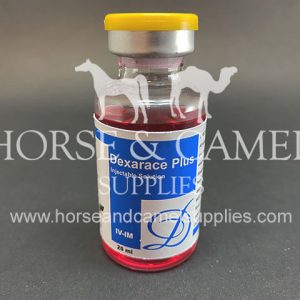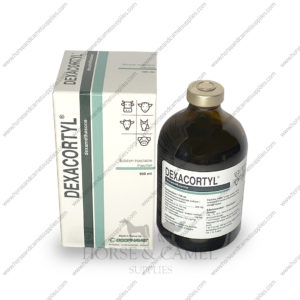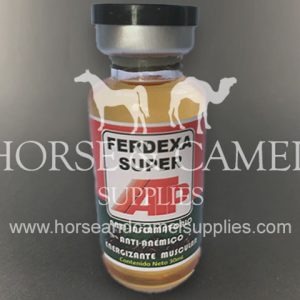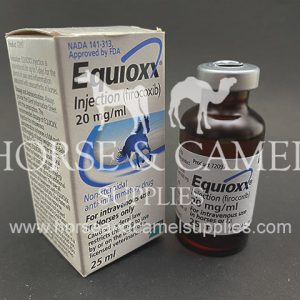Description
Precautions and Side Effects
While generally safe and effective when prescribed by a veterinarian, hydrocortisone can cause side effects in some animals.
Hydrocortisone should not be used in animals with known hypersensitivity or allergy to the drug.
Hydrocortisone may interact with other medications. Consult with your veterinarian to determine if other drugs your pet is receiving could interact with hydrocortisone. Drugs may include aspirin, cyclophosphamide, cyclosporine, insulin, phenobarbital, rifampin, vaccines, erythromycin, ephedrine, estrogens, mitotane, non-steroidal anti-inflammatory drugs and certain diuretics.
Due to effects on the stomach lining, hydrocortisone can result in stomach ulcers. Never use this drug with non-steroidal anti-inflammatory drugs (NSAIDs).
As with other glucocorticoids, hydrocortisone should be avoided in animals with fungus infections, liver or kidney impairment or stomach ulcers.
Other adverse effects are increased appetite, increased thirst, weight gain and dull hair coat.
Muscle weakness, liver damage and behavioral changes can also occur.
If hydrocortisone is administered for an extended period of time, it should not be abruptly withdrawn . Weaning over several weeks to months is crucial to avoid severe adverse effects, such as vomiting or profound weakness or insufficiency of the adrenal glands.






Reviews
There are no reviews yet.